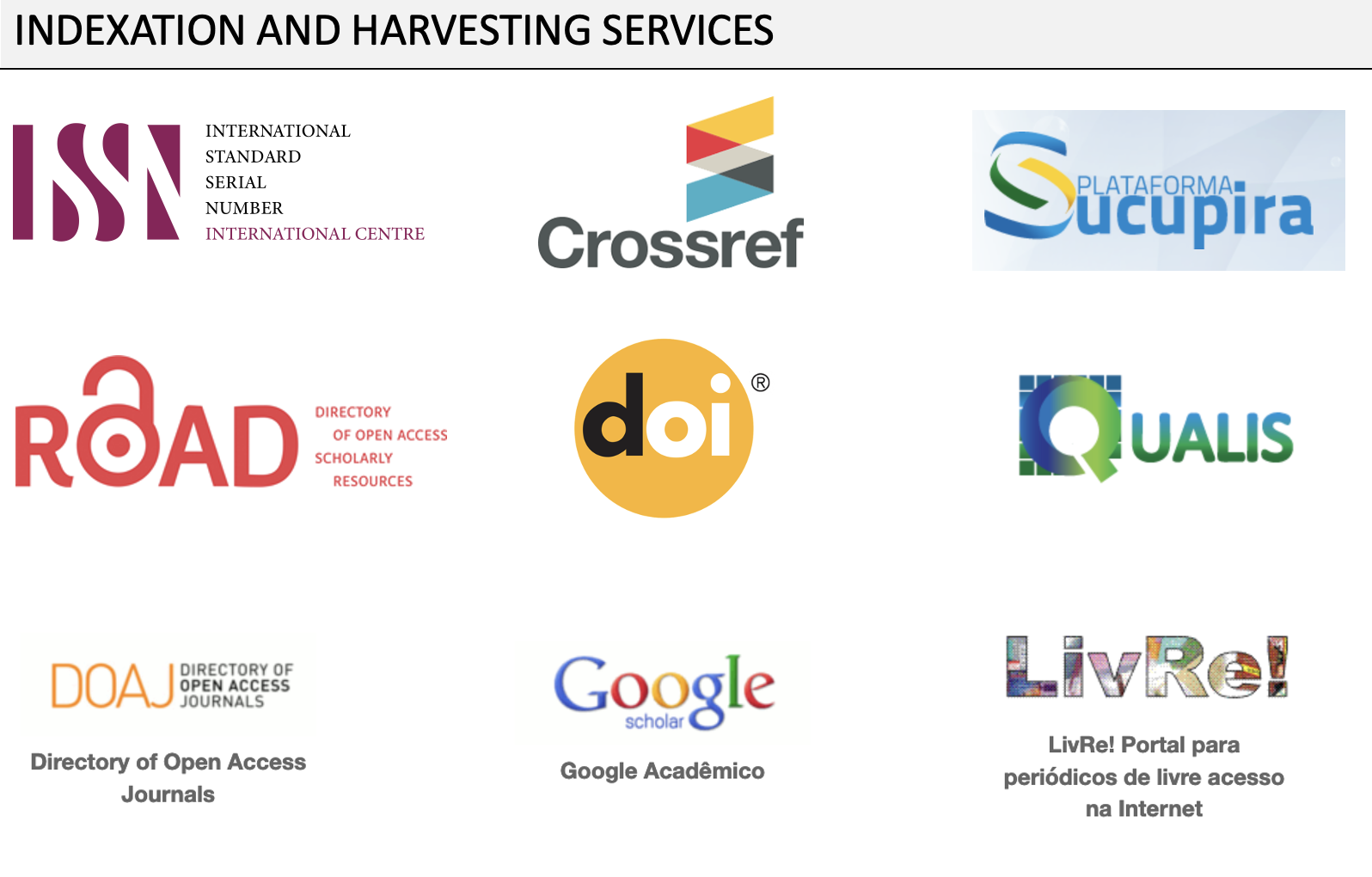Thematic Issue Presentation: Responsible Innovation (RI) in the midst of an innovation crisis
DOI:
https://doi.org/10.5380/nocsi.v0i2.91150Keywords:
Critical Studies of Innovation, Responsible Research and Innovation, Philosophy of Innovation, Innovation CrisisAbstract
The concept of Responsible Innovation (RI) occupies a central place in the discourse on science and technology, especially in the context of the European Union (EU) but also within academia. This concept is guided by the idea of steering science and technology towards societally desirable outcomes, particularly in response to normative objectives such as Sustainable Development Goals. Visions of RI typically propose that to innovate responsibly requires a permanent commitment to be anticipatory, reflective, inclusively deliberative, and responsive. They also emphasize the need for open access, gender equality, science education, ethical standard in conducting experiments, and democratic governance.
However, the societal purpose of RI fundamentally conflicts with the imperative of maximizing economic growth inherent in today’s innovation climate. This conflict points to a crisis in which innovation struggles to serve public interests insofar private interests continue to be prioritized. The magnitude of this crisis is also reflected within the RI literature itself, where the political ambition to exceed the privatization wave is summoned to a techno-economic concept of innovation. This issue of NOvation – Critical Studies of Innovation brings into question to what extent innovation necessarily relates to the market, whether it is possible to develop an alternative concept of innovation that is separated from economic ends, and how we can conceptualize, for example, a political understanding of innovation. What really is innovation? While all seven contributions share the aspiration to critically reflect on these questions, they each offer a distinct and original perspective in discussing the relation between innovation, technology, politics, economics, and responsibility.
References
European Commission (2020). Horizon 2020: work programme 2018-2020: Science with and for Society. Resource document. https://ec.europa.eu/research/participants/data/ref/h2020/wp/2018-2020/main/h2020-wp1820-swfs_en.pdf
Owen, R., Macnaghten, P., & Stilgoe, J. (2012). Responsible research and innovation: from Science in Society to Science for Society, with Society. Science and Public Policy, 39(6), 751-760. https://doi.org/10.1093/scipol/scs093
Von Schomberg, L. (2022). Raising the Sail of Innovation: Philosophical Explorations on Responsible Innovation. Wageningen University. https://research.wur.nl/en/publications/raising-the-sail-of-innovation-philosophical-explorations-on-resp
Von Schomberg, L., & Blok, V. (2019). Technology in the Age of Innovation: Responsible Innovation as a New Subdomain Within the Philosophy of Technology. Philosophy &. Technology, 34, 309-323. https://doi.org/10.1007/s13347-019-00386-3
Von Schomberg, R., & Hankins, J. (2019). International Handbook on Responsible Innovation: A Global Resource. Edward Elgar Publishing.
Downloads
Published
How to Cite
Issue
Section
License
Copyright (c) 2023 Lucien von Schomberg, Vincent Blok

This work is licensed under a Creative Commons Attribution-NonCommercial-ShareAlike 4.0 International License.
NOvation is an open-access journal under a Creative Commons – CC Attribution-NonCommercial-ShareAlike 4.0 license, which allows others to share the work with an acknowledgement (and preservation) of the author's authorship and intellectual property rights.
To this extent, the authors who publish in this journal agree with the following terms:
1. Authors retain the rights and grant the journal the right of first publication, with the work published under the Creative Commons – CC Attribution-NonCommercial-ShareAlike 4.0 that allows [...].
2. Authors have authorization for distribution, of the version of the work published in this journal, in an institutional repository, thematic, databases and in other works as a book chapter, with acknowledgement of authorship and initial publication in the journal;
3. Papers published in this journal will be indexed in databases, repositories, portals, directories and other sources in which the journal is and will be indexed.
Ethical Responsibilities of Authors
This journal is committed to upholding the integrity of the scientific record.
Consent to submit has been received explicitly from all co-authors, as well as from the responsible authorities – tacitly or explicitly – at the institute/organization where the work has been carried out, before the work is submitted.





